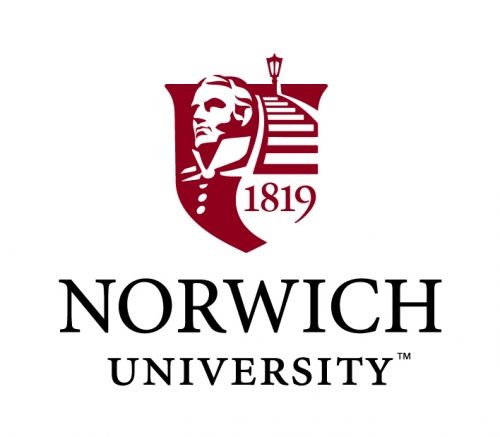Alpha Chapter Closed 56 Years Ago Today
Today marks the 55th anniversary of Alpha Chapter at Norwich University closing it's doors. Our Manual summarizes the disbandment of Greek life at Norwich as a reaction to growing discord among the cadets, however this article, from the Norwich University Archives, gives a detailed look as to why and how it occurred.
The End of Fraternities at Norwich
Mary Margaret Groberg, Norwich University Archives
Have you ever wondered why there are no fraternities at Norwich? They were banned from campus in 1959 by a vote of the Board of Trustees at the recommendation of President Harmon. Norwich was the last military college in the country to abolish the fraternity system. The move was met with much outcry from fraternity members and alumni.
Fraternities had a long and storied history at Norwich. The first, Theta Chi, was founded at the Norwich, VT campus in 1856 and grew to be a major national fraternity, with current undergraduate membership of over 6,500. By the time of the ban, there were six fraternities on campus, with membership comprising approximately one-third of the 900-man Corps of Cadets.
President Harmon pushed for the change because he felt that fraternities posed a threat to military discipline. Since the return of veterans from World War II, he and his administration argued, fraternities had been behaving more and more rowdily and with increasing disregard for campus order. They believed there was a feeling on campus that the fraternities were not loyal to the University, and had been neglecting their duties as inclusive civic and social institutions.
The following memo, sent to the Interfraternity Council five months before the trustee vote, notes this lack of responsible behavior, and reminds fraternities that they are not independent institutions but dependent on the University for their funding and operations.
A somewhat more humorous accusation was this one leveled against the fraternities regarding the 1959 Winter Carnival—that the food at their parties wasn’t good enough for the female guests!
When the news broke that President Harmon had called for a vote to ban fraternities, the Interfraternity Council launched an aggressive letter writing campaign directed at the Chairman of the Board, Stanley Wilson. Fraternity members and alumni wrote to the Chairman of the Board arguing that fraternity life was an integral part of the Norwich experience. In addition to promoting civic responsibility and high academic standards, they believed that the presence of civilian fraternities on campus was a key ingredient to a citizen-soldier education.
This letter from one alumnus points out that West Point instituted such a ban, and Norwich should resist following in its footsteps in order to maintain its independent status.
The trustee vote was scheduled for October 31, 1959—homecoming weekend—and a call was put out for alumni to attend in droves to show their support, which they did. Here’s a copy of the plea sent from the Interfraternity Council to alumni—the recipient sent it back with a handwritten note promising his loyalty and noting that fraternities were “as much of Norwich as anything is Norwich.”
Despite the fraternities’ appeal for a two-year probationary period, the measure passed, and fraternities were abolished from campus effective in June of 1960. The University purchase several of the fraternity houses and converted them into “class clubs,” a topic for another post altogether.
Frats may be no longer at Norwich, but they live on in Archives and Special Collections—pay us a visit to check out photographs, scrapbooks, yearbooks, manuscripts, and more that document fraternity life on campus from its earliest days.
Norwich University was founded in 1819 by Captain Alden Partridge as the first private military college in the United States and is the birthplace of the nation’s Reserve Officers’ Training Corps (ROTC) program. With approximately 2,300 cadets, civilian residents, and commuters who attend Norwich University, along with about 1,200 online graduate students, the university offers a broad range of degree programs.




